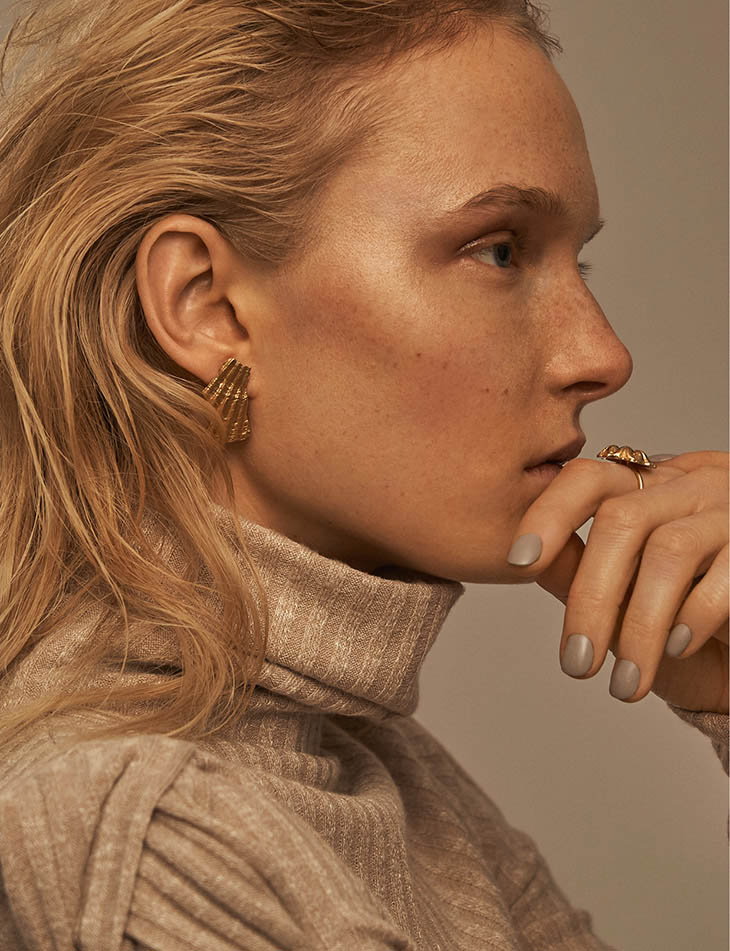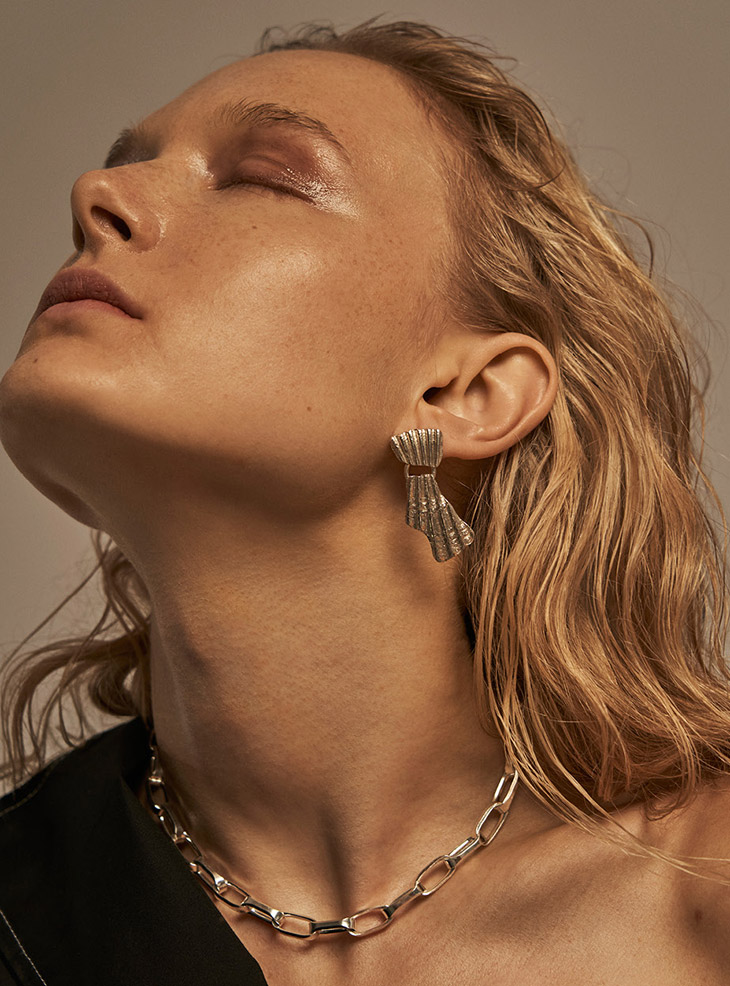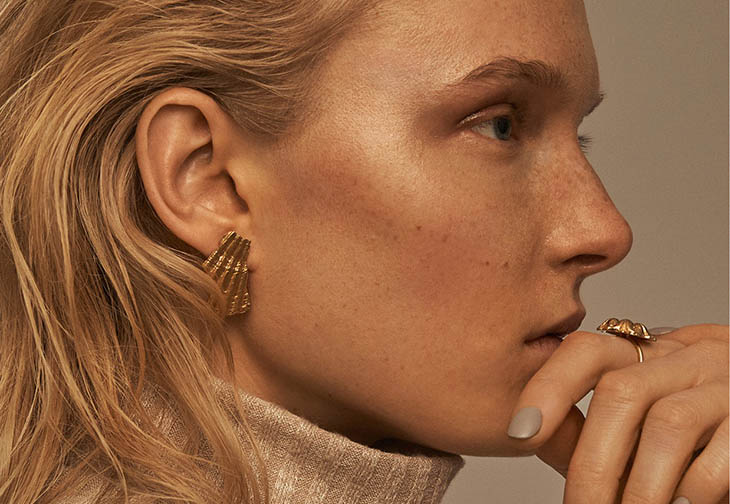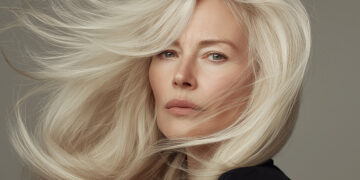
It’s a pretty well-known fact that winters and skincare don’t get along too well. After all, the season’s extremely dry, and the key to achieving beautiful and healthy skin is lots and lots of moisture. But drying your skin out isn’t the only thing that winters are capable of causing. Annoying winter rashes, chapping, acne breakouts, and windburn can also occur during these cooler months. The dry, icy air is sure to get to you unless you change up your skincare routine.
Now that winter is fast approaching, your skincare routine is likely long overdue for a season-appropriate upgrade to help you better ward off these vexing issues. With that in mind, we’ve compiled these seven essential beauty tips to help keep your skin hydrated and healthy during these unforgiving winter months.
Double Down On the Moisture
While skincare during the summers is all about getting the excess moisture and oiliness out of your skin, winter skincare is all about retaining it. Moreover, the ultimate skincare goal during the winters is keeping your skin hydrated at all times. This means that you should keep your moisturizer handy, even with the hint of the slightest winter breeze against your face.
If your skincare relies only on moisturizer in terms of skin hydration, that needs some work. Try switching up your other skincare products with alternatives that contain extra moisturizing agents in them, like ceramides and Vitamin C. You could also use special hydrating serums and a hydrating sunscreen if your skin tone is on the extremely dry side. When you’re at home and don’t need to use makeup, apply coconut or olive oil on your skin to keep it soothed and moisturized.
Invest In a Humidifier
Humidifiers are a standard addition to any living space that’s located in a particularly dry area, but you should definitely invest in one if winters get especially dry where you live, too. Humidifiers are basically devices that evaporate water and turn it into steam and then release it, increasing the humidity around you. The steam gets absorbed by your skin and it remains hydrated, resulting in that supple, dewy glow you crave during the winter months.
Wear Makeup Sparingly
Most makeup products are notorious for being moisture-suckers, particularly because of the inclusion of alcohol and blocking agents in their formula. These products are intended for oil and moisture control, especially for those of you who are oily skin types, but they are no friends of your skin — especially in the winter. Instead, now’s the time to look for makeup products that are designed to lock moisture into your skin, such as rich occlusives like shea butter and silicone.
Regardless, try to use makeup sparingly, as certain core ingredients in some products can dry out your skin. Also, make sure to not leave your makeup on after you no longer need to wear it, as that can lead to further dryness and breakouts. It’s a good idea to use cream-based cleansers to wash the makeup off as normal cleansers can break down and rinse off your skin’s natural oils completely.
Avoid Certain Foods (Especially Those That Cause Acne)
Winter acne can be a pain to deal with, as the dry weather doesn’t allow it to heal as swiftly. Therefore, you should try avoiding foods and other substances that cause your skin to break out. Some of the more common culprits for acne breakouts, according to research, can include foods high in sugar (due to the insulin response it can trigger) and even dairy (also because of insulin, or the presence of IGF-1 in milk products).
You might also be wondering, why does biotin cause acne, especially since most biotin-rich foods are considered to be extremely good for your health? The answer is not always cut-and-dry. While foods high in biotin are generally considered beneficial, it’s biotin supplements that may cause issues with acne. Furthermore, biotin doesn’t actively cause acne breakouts, but biotin supplements could worsen acne flare-ups and may prevent the breakouts from healing. With that in mind, you’re better off avoiding biotin supplements during the harsh winters to balance out your macros and you should be fine with a healthy, balanced diet of biotin-rich food sources.

Increase Your Omega-3 and Omega-6 Intake
Keeping up with the food and nutrition theme, another important recommendation is to try to increase your fatty acid intake. Not only does this help increase your skin’s moisture levels, but it also helps to hydrate it from the inside so that it can’t be washed off easily. Seafood, flax, pumpkin, and chia seeds, as well as sunflower oil, are some great sources of Omega 3 and 6 and are great for propping up your protein and fiber intake, too.
Drink Plenty of Water
Keeping your skin hydrated on the inside is just as important as keeping it hydrated on the outside. One of the main reasons why a lot of people tend to have dry skin — not just in the winter, but throughout the entire year — is because their water intake just isn’t enough. Try setting up reminders to drink water once every two hours to stay hydrated at all times. Drinking coconut water is another way to enrich your skin, too, as coconut has both electrolytes and other skin-related benefits, as well.
Avoid Synthetic and Cotton Clothing
Finally, now’s the time to take a closer look at your clothing labels before you get dressed in the morning. Certain fabrics (such as synthetic and cotton) are notorious for causing rashes and other skin problems, and this gets especially difficult in winters as you’re expected to wear several layers of clothing. Avoid clothes that irritate your skin as rashes spread faster during the winter months.
Dry, irritated skin not only can negatively affect your self-esteem, but it can also impair your quality of life, too. Nobody likes having to deal with an unpleasant rash or acne breakout, regardless of what the weather is like outside. However, by taking a closer look at your diet and lifestyle habits — and introducing these seven key beauty tips — you can help make sure your skin is fresh, healthy, and radiant throughout the entire year!
Images from DESIGN SCENE MAGAZINE INTERVIEW with MAJA SALAMON – See the full story here




















Wait if I’m not wearing synthetic and cotton clothing what should I wear ??? ?